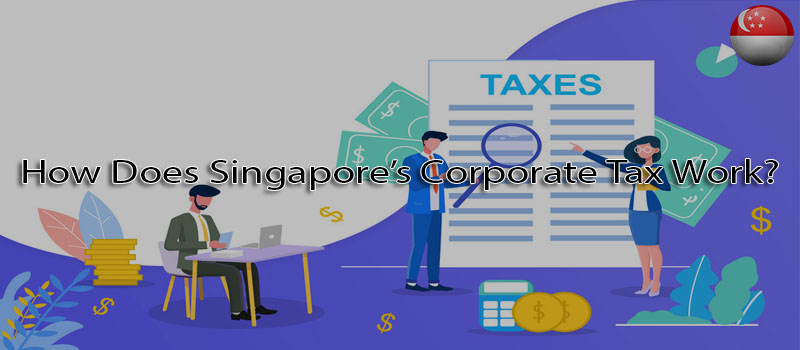
Singapore is considered one of the most leading countries in Asia that have highly attractive corporate tax regimes. It has low and transparent tax rates along with quite a proficient tax filing or reporting system.
Moreover, Singapore continues to introduce different types of tax incentives to attract and keep global investments.
Some of the key facts regarding the Singapore corporate tax
- The country charges taxes on profits, not on revenue. The profits of the companies in Singapore are taxed at 17%. This tax rate is usually lower due to different tax incentives and tax freedoms offered to Singapore-resident companies.
- The country uses a territorial tax system. On one side, where income is produced from treaty countries, Singapore avoids double taxation using foreign tax credit settled under these treaties. Singapore has more than 80 tax treaties with various countries to escape double taxation of income.
- The country uses a single-tier territorial-based fixed-rate corporate tax system. It means companies have to pay taxes on profits only.
- Also, the country does not ask for tax on capital gains.
- The country offers substantial incentives and tax breaks when a business person invests in new industries, R&D, and productivity-improving technologies.
- Also, there are some types of income from foreign sources that are excluding from taxation in Singapore.
Tax Return Filing in Singapore
You have to submit two filings with IRAS to complete corporate tax returns in Singapore.
ECI (Estimated Chargeable Income) is a company’s taxable income after the deduction of expenses holding taxes.
Form C or Form C-S – In these forms, a company has to state the actual income for the tax year.
Form C asks for attaching tax calculations, financial statements, profit & loss statements, and other required documents. Form C-S does not ask for any additional documents.
Corporate Tax Filing Due Date in Singapore
The corporate tax filing due date for companies in Singapore is 30 November, which is applicable for submitting hard copy forms. For e-filing, the due date is 15 December.
The company must file an entire set of returns, including Form C, audited or unaudited accounts, and tax calculations.
Form C will include the details of the company’s income. In contrast, tax calculation includes the statement that shows the alterations to the net profit or loss according to the company’s accounts.
If you want to file a Singapore corporate tax return or want to know everything about corporate tax in Singapore, an experienced and reliable attorney can help you with all the information.
